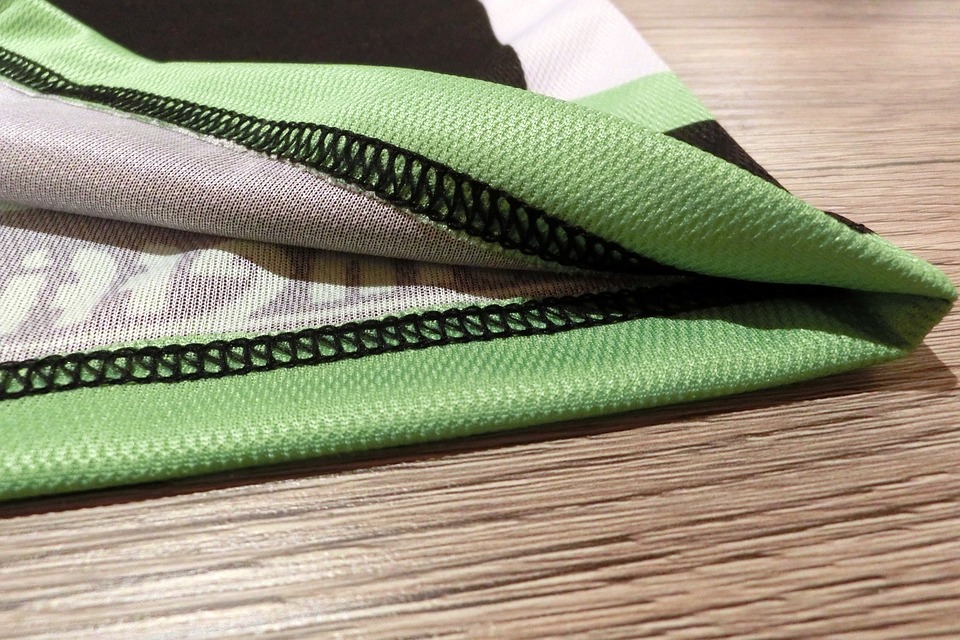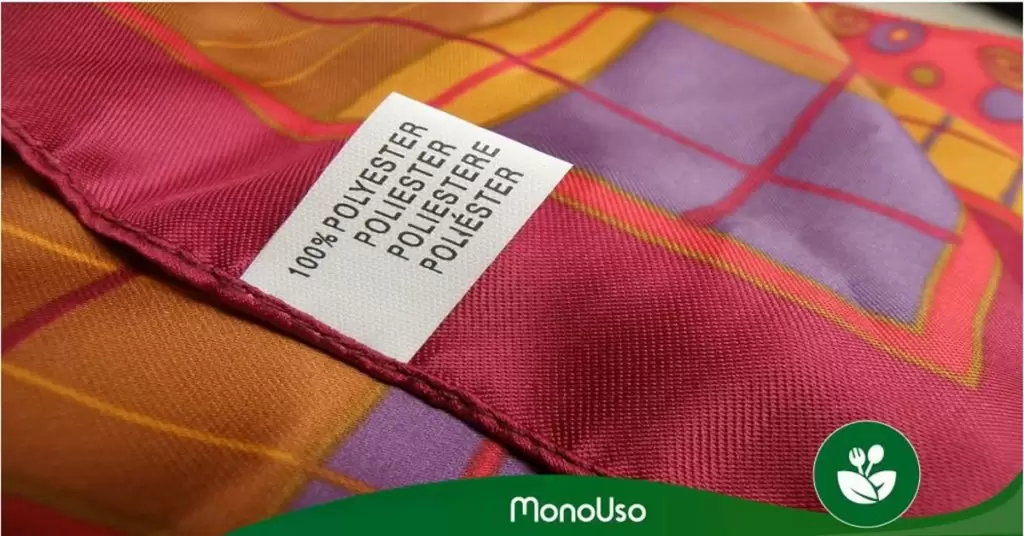Are you interested in knowing everything about the advantages and disadvantages of polyester? Do you want to buy clothes or products made of this material but do not know its advantages? It’s time to discover everything about this interesting compound.
Since the invention of polyester, this compound has accompanied us in many facets almost without us noticing. That is why we will now show you everything about this product in everyday life and in industry. Let’s go there!
What is polyester?

I will tell you that polyester is a very versatile and mouldable plastic resin. This is an artificial fiber that comes from oil. It is made thanks to a hydrocarbon called styrene, and other chemical elements. In addition, it is very resistant to moisture and chemicals.
Thanks to this material a great variety of products can be made, such as pipes, threads, fibres, paints and packaging. Polyester is a very popular material in the textile industry because of its great variety and use in shirts, trousers, curtains and tablecloths.
How is polyester made?
Polyester is initially extracted from oil. It is then subjected to a chemical process called polymerization. The manufacturing process has 5 phases which I will mention below.
First phase: Process the oil with chemicals to bring it to polymerization.
Second phase: Then another process is carried out so that the polymerization takes the form of solid shavings, obtaining a material like porcelain.
Third phase: Later the solid chips are melted, or an extrusion is made in a pipe-shaped tube to heat this mixture until it is processed by the other end of the tube in a liquid way.
Phase four: Next, a spinning machine will process the liquid obtained in the previous step, obtaining continuous filaments. In order for the compound to grow many times in proportion to its initial size, it will be passed through a rotating tube that will give it strength and elasticity.
Phase five: To complete this process, the yarn is crimped and cut to obtain the basic polyester yarn. Finally, once you have this basic polyester thread, you can make your clothes or mix them with other fabrics such as cotton, achieving great results in your seams.
History of the use of polyester
Polyester was developed in the 1930s from the polymerization of a hydrocarbon called styrene. The first polyester fibre was made in England.
This fiber was called Tergal in France and Terlenka in Spain. These had a process of evolution over time.
- The first polyester fiber was called Terylene in 1941.
- The second polyester fiber was DuPont’s Dacron.
- From 1976 it is opened to the bottling of carbonated drinks.
- Today, thanks to all the latest technologies, luxury polyester garments are made (based on polyester microfibers).
Advantages
If we analyze in depth the utilities of polyester we will realize a series of advantages. These benefits have made this fibre highly demanded in many industrial sectors. We will summarize the main advantages to be taken into account
- This is an easy fibre to produce.
- Wrinkle resistant.
- High resistance to stretching.
- It can be mixed with other types of materials.
- Very good resistance to weather and temperature changes.
- Polyester is cheaper than other materials.
Disadvantages
Not everything is a benefit if we start detailing specifically to polyester. There are negative aspects that we must also point out in order to be objective. Let’s see:
- This is a fiber that does not facilitate air flow.
- The fabric adheres to the person’s skin.
- It does not absorb the sweat from the person’s skin.
- Oil or grease stains cannot be removed.
- Prone to static.
Everyday objects made of polyester

There are an infinite number of objects that can be made from polyester. And the list is even longer if we stop to look at the fibres that can be mixed with this material. We’ll count the most curious objects that you may not have known were made of polyester:
Christmas decoration: Polyester is the material used to make Christmas balls and a great variety of objects that are durable, resistant and very light. These decorations are usually very attractive due to the capacity of polyester to absorb paint.
Theme parks: Water parks are also made with this material. Due to its resistance and versatility it becomes the most appropriate material for the creation of water slides. Other objects such as giant trees, characters, and large scale manufactures can also be found.
Boats: Boat manufacturers place great value on materials that bring lightness and stability to their boats. Polyester amply fulfils these requirements
Gigantes y cabezudos: I tell you the Giants and Bigheads are a figure used in the regional festivals of Spain. At the moment its material of elaboration was changed by polyester by being a material of greater lightness and durability, doing of it an easy object to transport.
Textile designs made with polyester
In addition to everyday objects, polyester is widely used in the textile industry. There are many pieces that can be made from this extraordinary material. Let’s have a look:
- Polyester T-shirts.
- Polyester pants.
- Polyester dresses.
- Polyester sportswear.
- Polyester suits for swimmers.
- Polyester bags and wallets.
Clothing, and other textile products made of polyester, are inexpensive and simple to produce. In addition, they can be precisely fitted to the body providing aerodynamics in sports activities.
In fact, many workers’ uniforms in factories and companies in different sectors wear polyester compounds.
In general, polyester is widely used in the manufacture of many products. If you are interested in learning more about this versatile material, take a look at our polyester accessories. See you soon.

